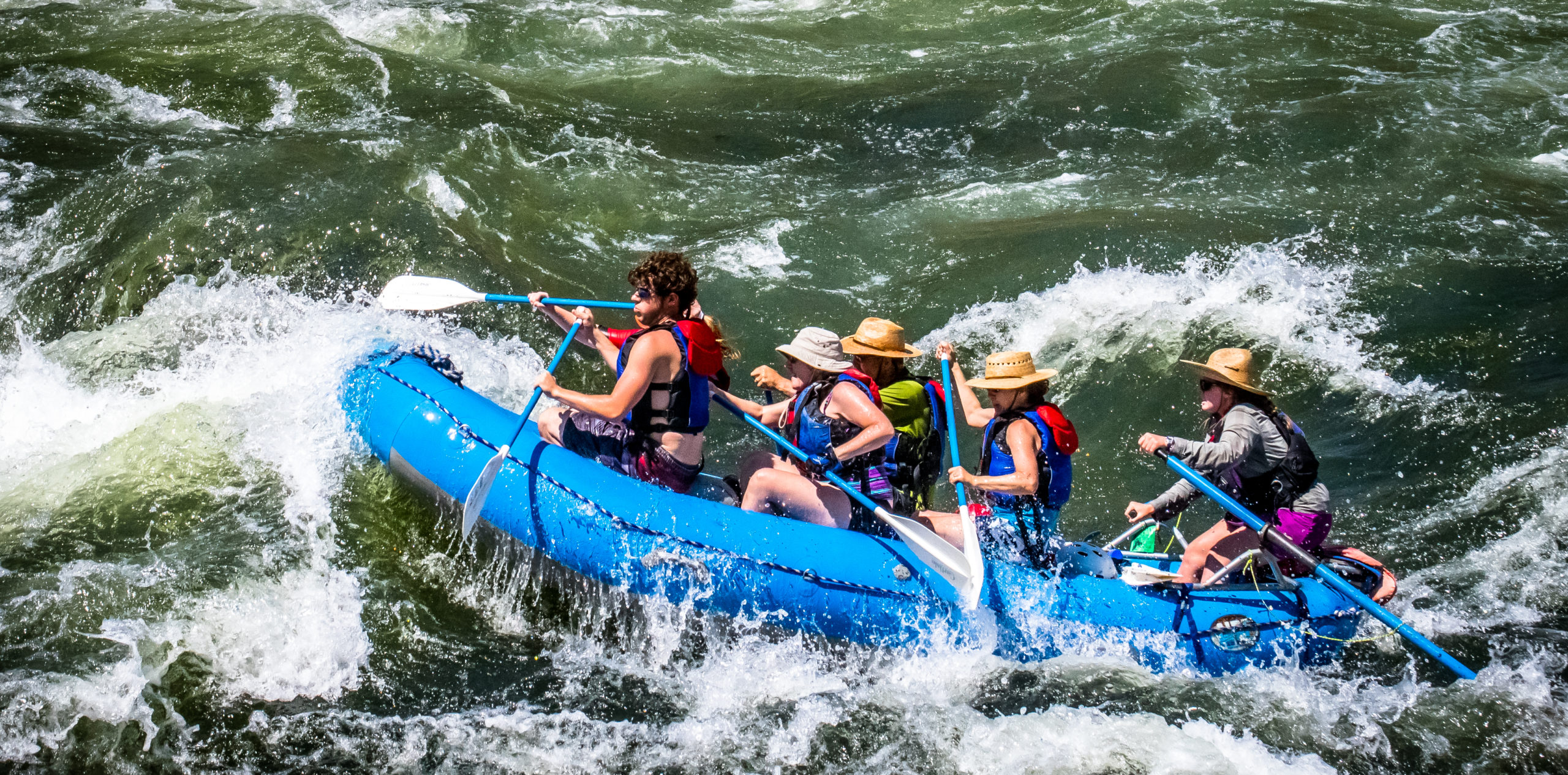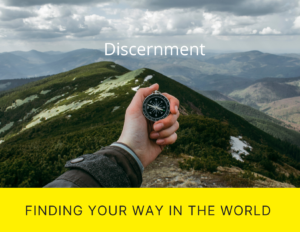

On February 13th I began my odyssey with Covid19 after returning home from a trip to Asia. Even though I never could get tested, I had the symptoms and decided to self-quarantine. At that time my family as well as the county health department thought I had gone over the deep end viewing my concern through the lens of panic. My reframe at the time was, “I am not panicked, I am trying to be realistic and responsible.” But since I was such an early case in the United States, I felt misunderstood and alone. As I tracked my illness along with my internalized anxiety, I had lots of time to think about what might be needed in order to navigate as leaders through the unknown.
The unknown of the pandemic has the contours of rapidly changing information on a global scale, economic uncertainty, job insecurity, an overwhelmed healthcare system and anxiety over our own health as well as our families. Rapid change is washing over us in waves to the point where it is difficult to catch our breath, let alone orient ourselves.
On a personal note, I can honestly say, I have never experienced this level of fear or anxiety in my life. I was sick with an undiagnosed virus and did not know what would happen to me nor how long I would be contagious. I feared giving it to my 83 year old mother with a compromised immune system. I was frustrated knowing that I could not protect the ones that I love the most.
Survival Instincts
Our natural inclinations to keep that anxiety at bay is to take one of three actions – pretend that nothing is wrong, distract ourselves with inconsequential matters, or fight our way through the system. I watched myself do all three depending on the situation. This is a normal part of our survival response – flight, fight or freeze.
If that is a little glimpse of what might be happening with each one of us as we face this pandemic, it is also happening on a collective level. What I have noticed with organizations who are operating from anxiety is that their underlying fear prevents them from making pro-active and healthy decisions for the future.
When we let fear have its way, we close off to novel solutions and new possibilities. I have watched this over and over again with my consulting work in organizations. The difference in this pandemic is that more businesses on an exponential scale will be facing their potential demise. As leaders, if we let fear have its way, we will not be able to creatively lead our organizations through this.
Resiliency?
One key word that people like to throw around in leadership circles these days is resiliency. It is the capacity to recover quickly from challenges and difficulties. A plastic band is resilient as it springs back into its original shape after it has been stretched. Maybe being resilient is a stretch in our daily lives, but I think it is too tame when we need to navigate as leaders through the unknown.
Transformation
Much like The Odyssey, we are embarking on a journey that will forever change us both personally and collectively. When those survival instincts show up, our move as leaders needs to be counterintuitive. Instead of operating out of our flight, fright or freeze reactions, we need to be able to access our creative capacities and work together on innovative solutions. The more we try to resist, the more we will struggle and the longer it will take to find our way.
So how do we navigate as leaders through the unknown? We grow our capacities for honest self reflection and courageously accept our own discomfort. We become aware of our own patterned responses in the face of fear so that we can respond proactively instead of reactively. Finally we develop the capacity to relax into that unknown with a sense of curiosity and openness. In essence, this is the journey of transformation.
Here are moves we can make to navigate as leaders through the unknown.
Develop a practice that centers you.
Every morning ask yourself, what do I need today to take care of me? It could be an exercise routine, an extra cup of coffee, journaling or a walk outside. It is important that you take the time to pause and listen. You have tremendous wisdom that can be accessed if you take the time to listen. Try a short and simple breathing practice like this.
Open your heart
Acknowledge your uncomfortable feelings with compassion.When you communicate from a place of honesty and vulnerability people listen with respect. Afterall, we have never been through a pandemic before. All of our emotions can be, as Rumi says, “guides from beyond” that can be a source of intelligence as we discern what is ours to do.
Trust that you are not alone.
Love is holding you and supporting you to step out in faith. You’ve got this! Allow that love to settle in your bones so that regardless of the chaos, you can relax into what you know is yours to do as well as not to do.
Look for beauty and laugh often.
Open to wonder in the simple things like a smile, a sunrise, birdsong, or a great show on Netflix. This is good medicine for both our mental and physical health as it relieves stress and builds up natural immunity. Plus, life is just so much more full when we can look on the bright side of life at least once a day.
Be Kind.
There are many moving parts with lots of different people trying to deal with circumstances the best way they know how. Therefore, extending compassion to others is extremely important. In this new pandemic dance we will be bumping into each other and stepping on toes. Don’t take it personally.
Take a balcony perspective.
Look around you and map out the trends to capture a bigger picture. See what you can learn from other areas that are experiencing this pandemic a few weeks ahead of you. Then map out how you can build your organization’s capacity to meet that new life condition that is coming your way.
Accept that things will get worse before they get better.
This is not a situation to fend off; rather, this is a reality to navigate through. If we rationally plan for the worst, we can then hope for the best. And at the same time remember what Winston Churchill said during WWII, “If you are going through hell, don’t stop; keep going.”
Ride the waves of the changing conditions.
Let go of trying to maintain some sort of idealized status quo. Instead of defending the gate entitled, “We have never done this before,” hop on a raft. Imagine you are floating down a river with some gnarly rapids. Put on your life jacket, pick up a paddle, and row with your team. Look for the new opportunities that come along the way. Send It!
Act on behalf of the common good.
People are looking to you to set a caring example. Be a good neighbor by adhering to the CDC protocols. Ask what you and your organization can do to help alleviate the suffering of others who are facing illness, job loss or homelessness. After all, we are all in this together.
If we focus on these essentials, we will arrive back where we started at the end of this pandemic odyssey never to be the same again – wiser, more connected, and confident in our capacity to lead through any adversity with creativity. Our transformation awaits.





3 Comments
Beautiful and practical. I’d recommend that everyone read this. Well done Beth!
[…] How to Navigate as Leaders through the Unknown – Beth Estock, Clergy Coach […]
[…] How to Navigate as Leaders through the Unknown – Beth Estock (UMC), Clergy Coach […]